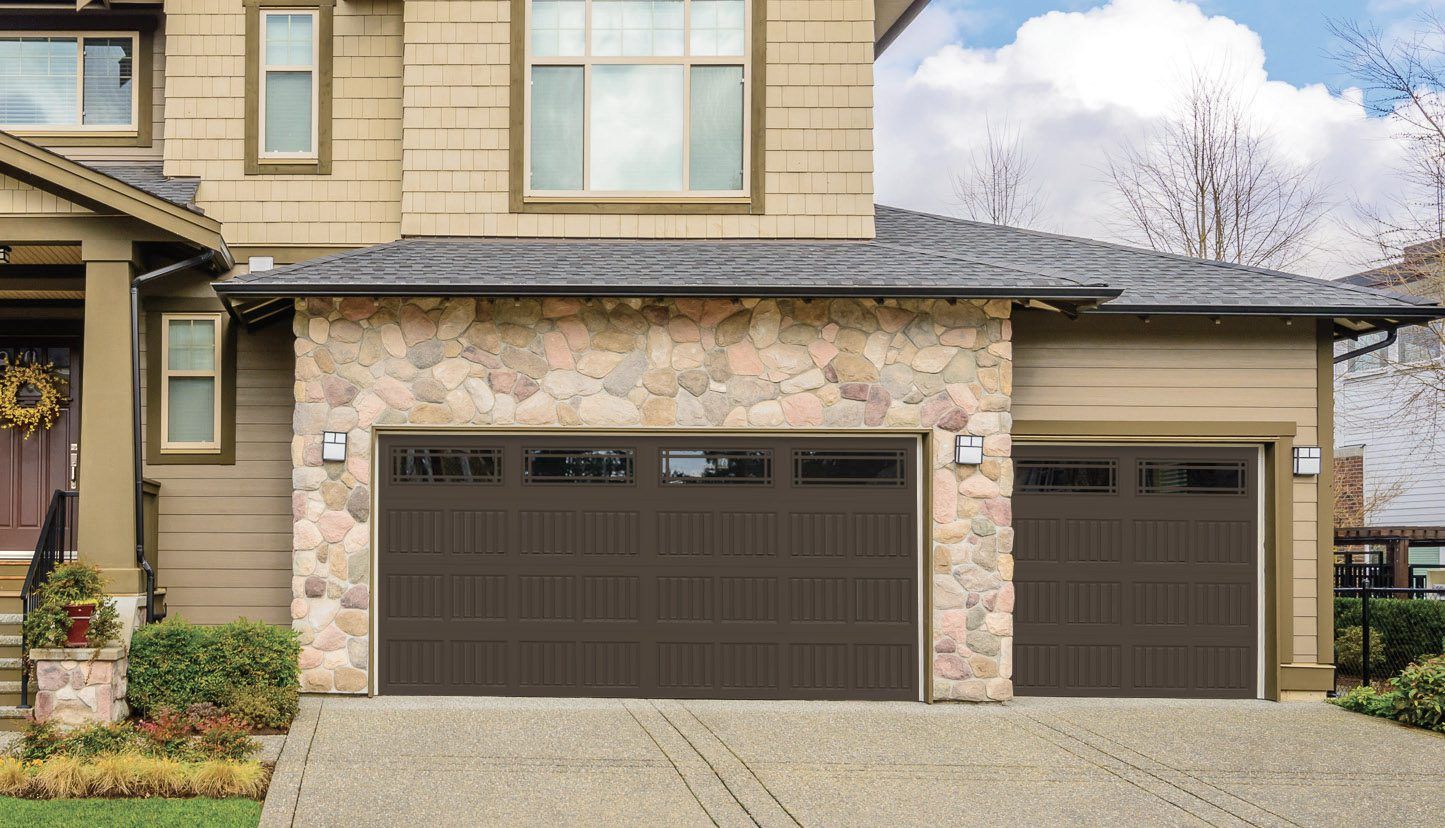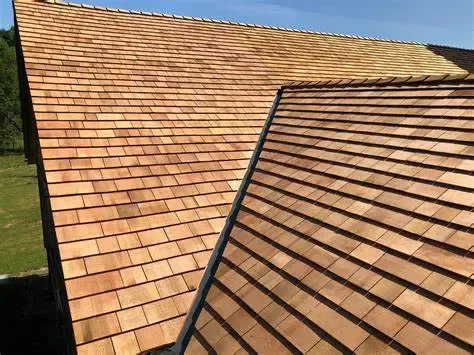
Selecting the Best Roof for Your Home
When choosing a roofing style for your home, you’ll often face the decision between flat roofs and pitched roofs. Each type offers its own unique set of advantages and challenges, which can significantly impact the overall function, appearance, and longevity of your home. Understanding the pros and cons of both can help you make an informed decision that aligns with your budget, climate, and design preferences.
Flat Roofs: Advantages and Disadvantages
Flat roofs are a popular choice for modern homes and commercial properties due to their sleek, minimalist design. While flat roofs offer a trendy look and additional space for various uses, they also come with certain challenges.
-
Pros of Flat Roofs:
- Cost-Effective: Flat roofs are generally cheaper to install due to their simplicity and the materials used.
- Extra Usable Space: Flat roofs provide the opportunity for additional living space, such as a rooftop garden, patio, or solar panel installation.
- Modern Aesthetic: Flat roofs are perfect for homes with a modern, industrial, or minimalist design.
- Easy to Maintain: Since flat roofs are level, they are easier to walk on, making repairs and inspections more accessible.
-
Cons of Flat Roofs:
- Water Drainage Issues: Flat roofs do not allow water to flow off as easily as pitched roofs, which can lead to pooling water, leaks, or mold growth if not properly maintained.
- Limited Lifespan: Flat roofs tend to have a shorter lifespan compared to pitched roofs. They may need more frequent repairs or replacements.
- Vulnerability to Weather: In areas with heavy snow or rain, flat roofs can struggle to withstand the additional weight and moisture, leading to potential structural damage.
- Insulation Challenges: Due to their structure, flat roofs may require additional insulation to prevent heat loss and energy inefficiency.
The Pros and Cons of Pitched Roofs
Pitched roofs, characterized by their angled design, are commonly found on residential homes, especially in areas prone to heavy rain or snow. The slope of pitched roofs allows for natural runoff of water and debris, but it comes with its own pros and cons.
-
Pros of Pitched Roofs:
- Better Water Drainage: The slope of a pitched roof allows for natural water runoff, preventing the issues associated with standing water that flat roofs can face.
- Durability: Pitched roofs tend to last longer than flat roofs, especially when built with durable materials like asphalt shingles or metal.
- Energy Efficiency: Pitched roofs tend to allow for better ventilation, reducing the risk of mold growth and improving overall energy efficiency in your home.
- Increased Property Value: Pitched roofs are generally more appealing to potential buyers, particularly in areas with severe weather, due to their durability and protection.
-
Cons of Pitched Roofs:
- Higher Installation Costs: The complexity of pitched roofs means they are generally more expensive to install, requiring more materials and labor than flat roofs.
- Maintenance Can Be Difficult: Maintaining pitched roofs can be more difficult due to their steepness, especially for those without easy roof access.
- Potential for Attic Space Issues: Pitched roofs often create attic space that is harder to utilize efficiently, which could limit storage options or add to heating and cooling costs.
Which Roof is Best for Your Home?
The decision between a flat or pitched roof depends on factors such as location, budget, and personal style. Here are a few things to consider:
- Climate: If you live in an area with heavy snow, rain, or wind, a pitched roof may be the best option due to its superior drainage capabilities. In contrast, flat roofs are better suited for mild climates.
- Budget: Flat roofs are more affordable initially but may need more repairs over time, while pitched roofs have higher upfront costs but last longer with fewer repairs.
- Home Design: Consider the aesthetic of your home. Pitched roofs are traditional and may suit a classic or rustic design, while flat roofs often complement modern or industrial architecture.
Conclusion
Both flat and pitched roofs offer unique benefits and drawbacks. Ultimately, the decision should be based on your specific needs, whether it’s budget, climate, or design preference. A roofing expert can guide you to the best choice based on your home’s requirements.
Contact Weathercraft Roofing for Roof Installation
Are you ready to choose the right roof for your home? Contact Weathercraft Roofing today to discuss your roofing options and receive a free consultation!
Get Your Free Roof Estimate